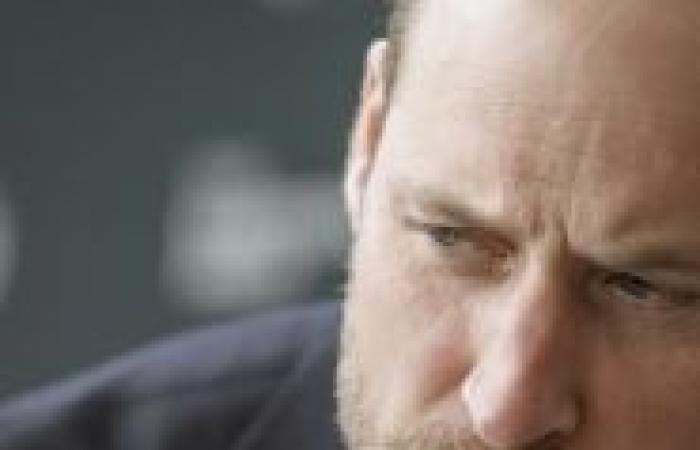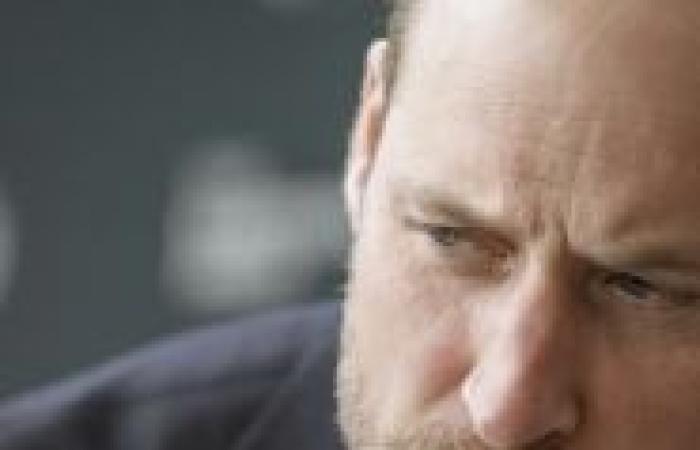The British royal family is once again under fire for a lack of transparency about its assets and income after media reports revealed that Charles III and William receive money from public bodies while being exempt from certain taxes.
The exact extent of holdings and details of contracts, such as rental leases, entered into by the Duchy of Lancaster, owned by Sovereign Charles III, and the Duchy of Cornwall, owned by Crown Prince William, are not public.
But an investigation by Channel 4 and the Sunday Times published in recent days has brought them to light for the first time.
According to these media, the two duchies have raked in millions of pounds in revenue from lucrative land rental contracts to the NHS, the public health system currently in crisis after years of underfunding, to ministries or agencies. charitable.
At the same time, the two duchies, which combine land, property and other assets across England and Wales, do not pay corporation tax or capital gains tax.
For Norman Baker, a former MP for the centrist Liberal Democrats and long-time critic of the royal family, this confirms that the latter “ scam the public« .
« This is Crown land that belongs to the public (…) All this money should go to the ‘Crown Estate’“, the patrimony of the Crown, the revenues of which have been returned to the Public Treasury since a legal act dating from 1760,” he complains to the AFP.
According to this law, 15% of the profits of the “Crown Estate” are then paid in an annual allocation (the Sovereign Grant) to the royal family in order to maintain its assets as well as to remunerate the more than 500 employees of the Windsors. Next year, this allocation will amount to 132 million pounds (158 million euros).
The royal family assures that the profits from the duchies of Lancaster of Cornwall finance the public, charitable and private activities of the sovereign and his heir.
These two duchies had been excluded from the 1760 agreement because at the time they generated very little revenue.
Nothing illegal
But more than two centuries later, they are valued at around 1.8 billion pounds (2.16 billion euros), and last year raked in 50 million pounds in profits, according to their annual report.
Thanks to this, Charles III is one of the richest people in the United Kingdom with a personal fortune estimated at 610 million pounds (734 million euros).
His Duchy of Lancaster will notably receive 12 million pounds over 15 years by renting a warehouse to a London hospital to park its ambulances.
For his part, William signed a contract worth 37.5 million pounds over more than 25 years with the Ministry of Justice to rent the land on which Dartmoor Prison is located.
This investigation “ shows how duchies seek profit wherever they can, to the detriment of the public“, denounces Graham Smith, leader of the anti-monarchist group Republic. Both duchies rejected any fault.
This is not the first time the royal family has had to defend itself regarding its properties. In 2006, an influential parliamentary commission questioned the significant tax exemptions it benefits from on these assets. But the subject was then relegated to the background.
In 2013, the same committee called for more control from the Treasury over the finances of the Duchy of Cornwall. For Norman Baker, Parliament should get its arms around the subject, just like the government.
According to him, the subject is also crucial for the royal family, because its finances are the point on which it is ” the most vulnerable“. But for David Haigh, director of the financial advisory company Brand Finance, the duchies of Charles III and William operate as “ any large estate owned by an aristocratic family« .
The duchies are simply acting within the law for the best interest of their private capital“, he insists, comparing the royal family to entrepreneurs like James Dyson or Richard Bronson.







